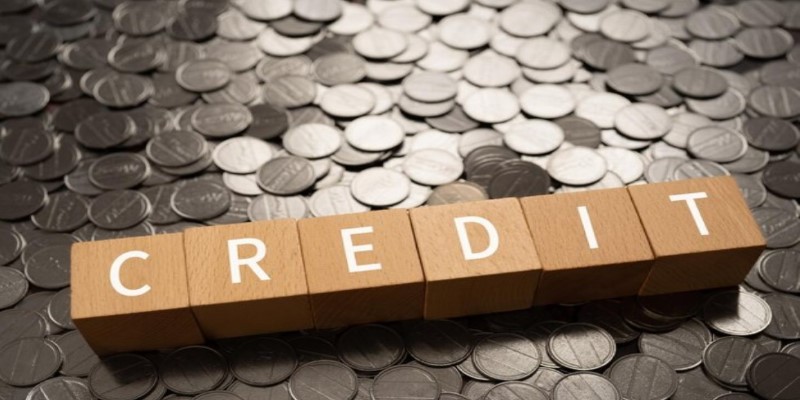A credit score is an important thing and is needed when it comes to getting a credit card or loan. A credit score gives a complete picture of your financial condition. When it comes to credit scores, generally, they range from 300 to 850, and if it is higher than that, then this means that you have an excellent financial level.
You must have a good credit score if you are trying to apply for some kind of loan. However, sometimes people might not understand this concept, and they have different thinking related to it. There are a lot of different misconceptions that are related to the credit score.
In this article, we will be talking about some of the most common misconceptions and myths that are related to the credit score. So, let's jump right into the article and debunk all these misconceptions.
What is a Credit Score?
Before diving into the world of misconceptions, you need to know what an actual credit score is. A credit score helps with knowing the creditworthiness of the person. The score is around 300 to 850, and if you have a high score, then this means that you can get approval on the loans and even get better interest rates.
There are a lot of different things that can have an impact on the credit score. The credit history, total levels of debt, repayment history, number of accounts, and a lot of other things. This is why when you are trying to apply for loans, the credit score plays a vital role.
5 Misconceptions Related to Credit Score:

Following are the five different types of misconceptions and myths that are commonly in the minds of people. Let's quickly look at them
Checking Credit Scores and Credit Reports Harm Your Credit:
This is one of the biggest myths that people have regarding credit scores is that you cannot check them all the time. However, this is totally not true. Checking the credit score does not affect the credit. Instead, it is best if you check the score. Sometimes, this will give you an idea of what score you have and how much you need to enhance the score.
You will need to review the credit reports and see what the situation of your credit is and where you are spending it. Hence, checking the credit score and reports does not affect the credit at all; even the duration of checking it won't affect it.
Carrying Balance Can Boost the Score:
When it comes to having a balance on your credit card, people think it is good, and it will increase their score. This is a huge misconception that does not boost the score. Instead, it can have a negative impact on the score. Having a balance on the credit card means that you have to pay interest on it. This can become a lot more expensive as the time goes by.
Keeping a balance on your account means that it will affect the card utilization rate. If you have a higher credit card balance, then you will have a high utilization rate that will have a negative impact on your credit score.
This is why if you are planning on adding balance to your credit card, then don't do it. If you already have a balance on your card, then it would be best if you transfer it to your balance credit card.
Closing Account Means you are Financially Stable:
Another myth related to the credit score is that if you close the account, this means you are financially stable and have a good income. But it is totally the order way round. The FICO score is another thing that you need to keep track of, and this is calculated when you are using the credit and called the credit utilization rate.
This is why if you plan on closing the account, then it can have a negative impact on your credit score because you won't be able to calculate the FICO score.

You can’t do Anything About Inaccurate Information:
There have been a lot of incidents when people get inaccurate information about their credit reports. Many people think there is nothing that they can do about it. However, this is not the case. You can do a lot of things to get the information correct.
First, you can talk to the lender about it, and sometimes they can get a problem fixed. They have connections with the banks, and they can get this issue fixed or get the correct information from the bank.
Other than this, you can even file a dispute for the inaccurate information in your bank. The bank will have the correct information regarding your inaccurate information, and they will be able to resolve this entire situation efficiently.
A Good Credit Score means you're Rich:
One of the biggest misconceptions when it comes to credit score is that if you have a good credit score, you are considered wealthy. But this is not true. Having a good credit score does not mean you are rich or you have a high salary. Sometimes, it is also seen that if you have a high salary, you will have a good credit score.
Sometimes, people don't update their cards, which causes their scores to decrease, and even if they are earning well, they don't have the correct score that they can show to the lenders.
Final Words:
When it comes to loans and interest rates, the first thing that lenders will ask is about the credit score. This is an essential thing that will show the lender that you are financially stable to repay the credit scores. However, when it comes to credit scores, there are a lot of things people don't understand, and this causes a lot of misconceptions. Hence, we hope this article was beneficial for you in knowing what is true about credit scores and what is not.



